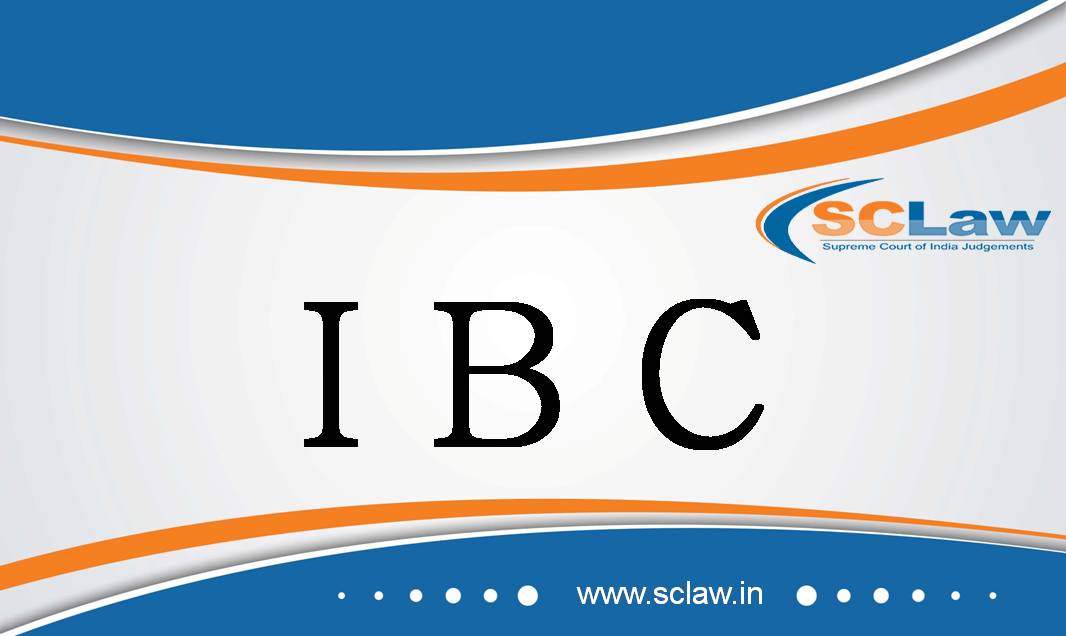IBC, 2016 – Section 9 – HELD application filed by the first respondent against the second respondent under Section 9 will stand rejected. In view of the fact that the appellant succeeds on the basis that there is a pre-existing dispute within the meaning of IBC
SUPREME COURT OF INDIA DIVISION BENCH RAJRATAN BABULAL AGARWAL — Appellant Vs. SOLARTEX INDIA PRIVATE LIMITED AND OTHERS — Respondent ( Before : K.M. Joseph and Hrishikesh Roy, JJ. )…








